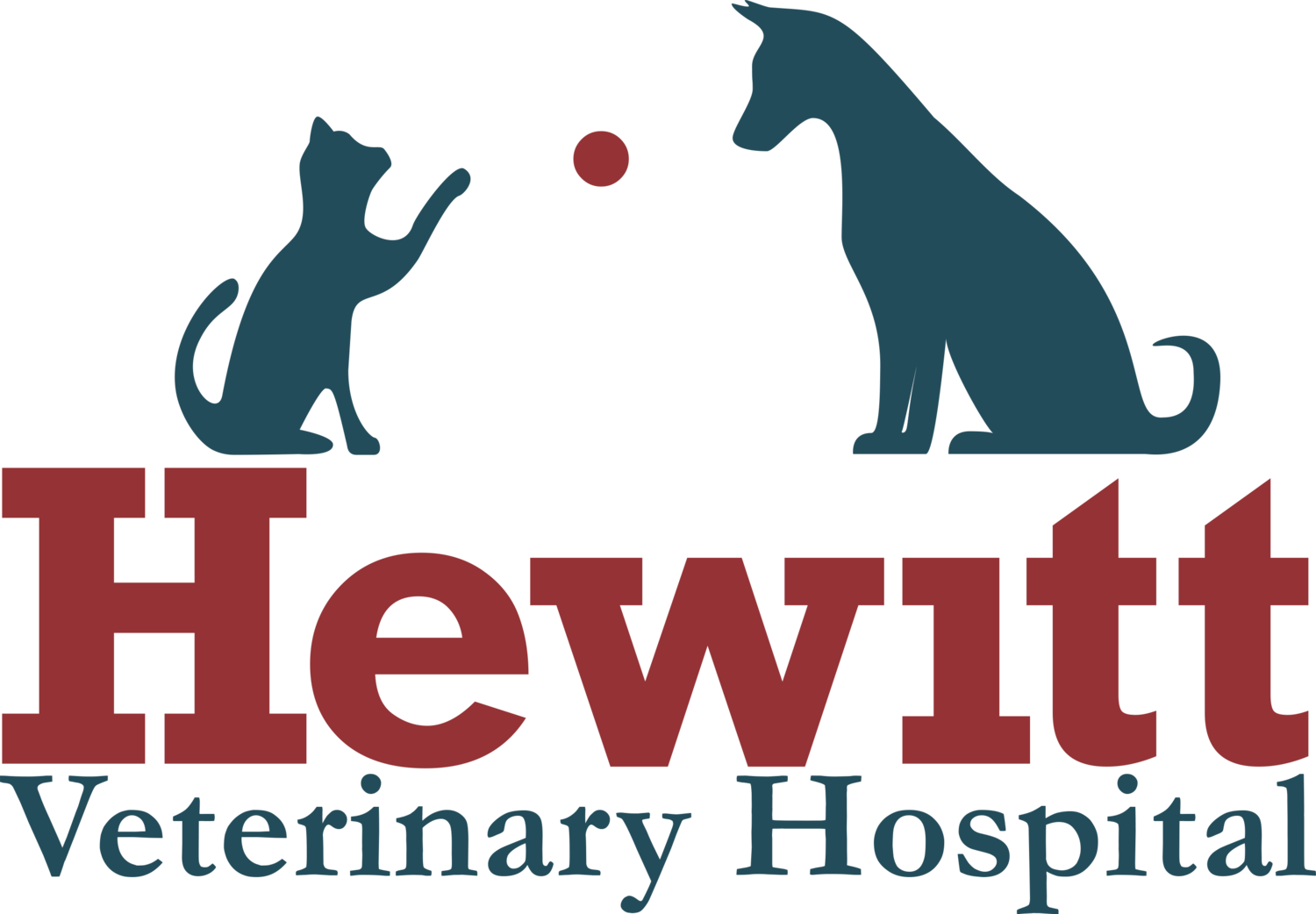Your Pet’s Health and the Novel (new) Coronavirus (SARS-CoV-2)
OVERVIEW and VACCINE INFORMATION:
We want to give guidance to all of our clients regarding their pet’s health and the new coronavirus that is currently being transmitted in communities in various parts of the world. SARS-CoV-2 is the name of this virus, which causes the disease named “COVID-19.” SARS-CoV-2 is a coronavirus. The term “coronavirus” includes a large category of viruses that have a particular shape (see photo). In recent days, the media has often called SARS-CoV-2 “the coronavirus,” instead of what it is, which is “a never before seen virus that happens to be a coronavirus.” This terminology in the media has caused come confusion among our clients, since there is a “coronavirus” vaccine that has been available for pets for some time. The coronavirus vaccine provides protection from a different virus. This vaccine will confer no immunity or protection from SARS-CoV-2. There is no need to vaccinate your pet with the current coronavirus vaccine, as this vaccine will have no effect on SARS-CoV-2. There is currently no vaccine effective against the SARS-CoV-2 virus for humans or animals.
HONG KONG DOG NEWS STORY
(via AVMA) On Thursday, February 27, a pet dog in Hong Kong tested “weak positive” for the virus that causes COVID-19. Its owner also tested positive for coronavirus. On Wednesday, March 4, another report was issued by the Hong Kong Agriculture, Fisheries and Conservation Department (AFCD) indicating that a second test on that same pet dog had come back positive. According to the report, another dog quarantined at the same facility (but in a separate room) was also tested, but the results were negative for the virus. The precise meaning of the positive test result from the one dog remains unclear and further evaluation is ongoing. Hong Kong officials said that dog continues to show no clinical signs of illness, remains under quarantine and is being cared for, and will continue to be monitored and tested.
The precise meaning of the positive test result from the one dog remains unclear and further evaluation is ongoing. Hong Kong officials said that dog continues to show no clinical signs of illness, remains under quarantine and is being cared for, and will continue to be monitored and tested.
Right now, there simply isn’t enough information about whether or not SARS-CoV-2 causes illness in pets, and there is no evidence yet that pets can spread SARS-CoV-2/Covid-19 to humans if they are infected.
COVID-19 and CARING FOR DOMESTIC ANIMALS
(via AVMA) According to the U.S. Centers for Disease Control and Prevention (CDC), no animals in the United States have been identified with the virus, and there is no evidence that dogs or other pets can spread COVID-19. The CDC recommends that people who are sick with COVID-19 restrict contact with pets and other animals, just like you would restrict your contact with other people. When possible, a member of the household other than the individual who is ill should care for any animals in the household. Those infected with COVID-19 should avoid contact with animals, including petting, snuggling, being kissed or licked, and sharing food. Those who are sick and must care for a pet, or who will be around animals while sick, should wear an appropriate facemask and wash hands thoroughly before and after interacting with those animals.
PROTECTING YOURSELF AND YOUR COMMUNITY
It is wise to start protecting yourself and your family and coworkers now by following these CDC recommendations. Taking these precautions before you or your family/coworkers are sick will provide the best defense against SARS-CoV-2-2, as well as influenza. For more information, visit https://www.cdc.gov/coronavirus/2019-ncov/community/index.html
WASH YOUR HANDS OFTEN and EVERY TIME BEFORE and AFTER TOUCHING YOUR FACE or EATING FOOD. (Use of hand sanitizer is OK if soap and water are not available.)
CLEAN/SANITIZE FREQUENTLY USED SURFACES OFTEN (Phones, computer keyboards/mouse, door handles, appliances, etc.)
COUGH / SNEEZE into a TISSUE or into your elbow/arm and DISCARD TISSUE INTO TRASH RIGHT AWAY. WASH hands before touching anything else.
AVOID TOUCHING YOUR FACE with unwashed hands.
STAY HOME from work if you are sick.
If you have any questions or concerns about your pet’s health, give us a call at 254-666-5050, reach us on the PetDesk app, or email us at hewittvet@gmail.com.
- Your family at Hewitt Veterinary Hospital


